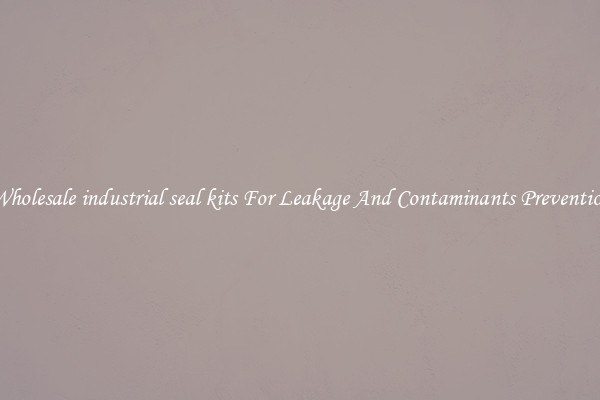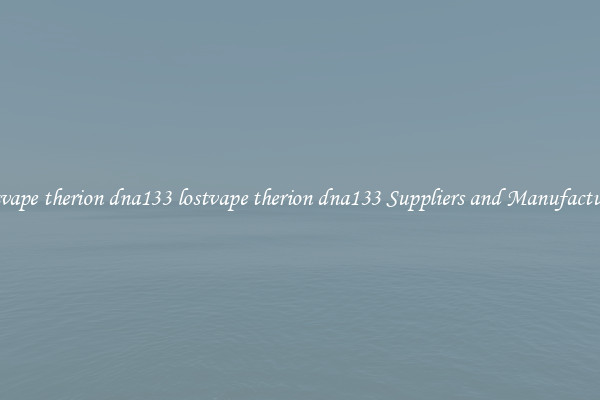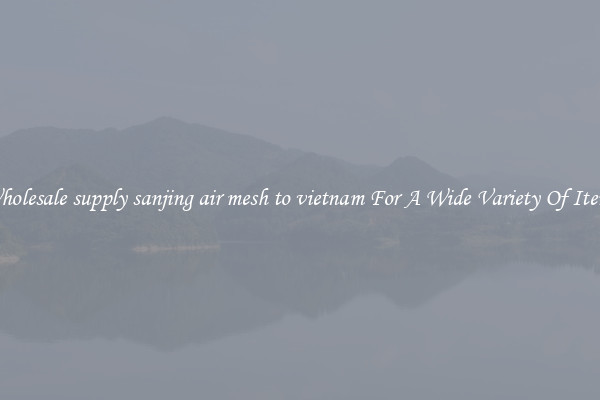Wholesale different types of securities For Leakage And Contaminants Prevention
Wholesale Different Types of Securities for Leakage and Contaminants Prevention
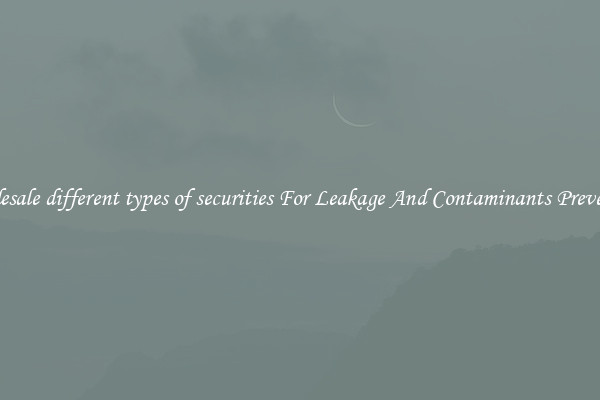
In the realm of industrial production and manufacturing, the prevention of leakage and contaminants is of utmost importance. This is particularly crucial when dealing with hazardous materials or sensitive substances, where even the smallest amount of leakage can have severe consequences. Wholesale different types of securities play a vital role in ensuring the safety and integrity of products during storage, transportation, and handling processes. Let's explore some of the commonly used securities for leakage and contaminants prevention in the wholesale industry.
One widely employed security measure is the use of tamper-evident seals. These seals provide immediate visual evidence if a package has been tampered with or opened. They are commonly used in the pharmaceutical, food, and beverage industries where product safety is paramount. Tamper-evident seals often come in different forms such as shrink bands, labels, or tape, and are designed to be easily detectable, helping to identify potential leakage or contamination.
Another important security measure is the use of specialized packaging materials. For example, in the chemical industry, hazardous substances are often stored and transported in containers made of high-density polyethylene (HDPE) or polypropylene (PP), as these materials have excellent resistance to corrosion and leakage. Similarly, in the food industry, packaging materials with a barrier layer are used to prevent oxygen, moisture, or contaminants from entering the package.
Sealing technologies, such as gaskets or O-rings, are also essential in preventing leakage. These small yet crucial components create a tight seal between two surfaces and prevent any fluids or contaminants from seeping through. Gaskets and O-rings are commonly used in pipelines, tanks, valves, and other equipment where tight seals are needed to maintain the integrity of the system.
Additionally, wholesale industries often rely on leak detection systems for early identification and prevention of potential leaks. These systems utilize various techniques such as ultrasonic, infrared, or visual inspection to detect any abnormal fluid flow or leakage. By continuously monitoring pipelines and storage tanks, these systems can effectively identify and mitigate leakage risks before they escalate into significant incidents.
Furthermore, proper training and education of employees are key components in preventing leakage and contamination. Staff members should be trained in handling materials and equipment, emphasizing the importance of following safety protocols to avoid leaks or spills. Ensuring that employees are aware of potential risks and knowledgeable about preventive measures can significantly reduce the likelihood of leakage or contamination incidents.
In conclusion, the wholesale industry employs various strategies to prevent leakage and contamination of their products. Tamper-evident seals, specialized packaging materials, sealing technologies, leak detection systems, and employee training all contribute to maintaining the safety and integrity of the products throughout their lifecycle. By investing in these security measures, wholesale industries can protect their products, their reputation, and most importantly, the well-being of their customers.
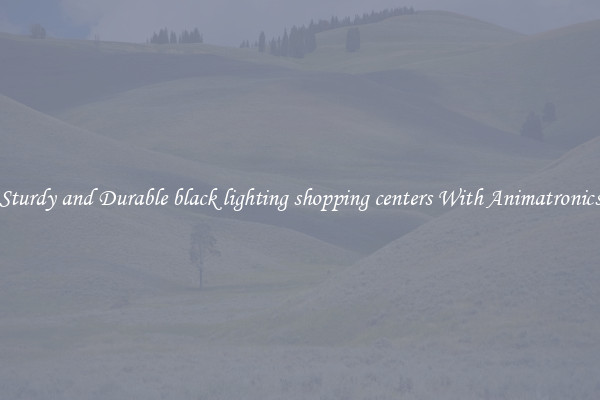
View details

View details
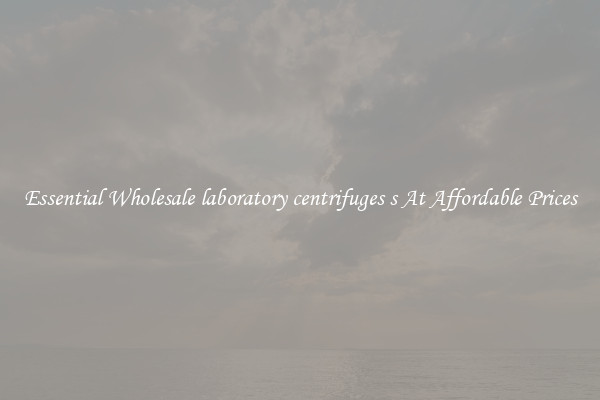
View details

View details

